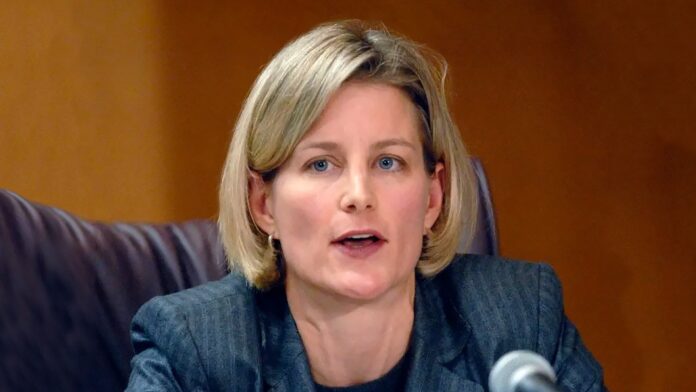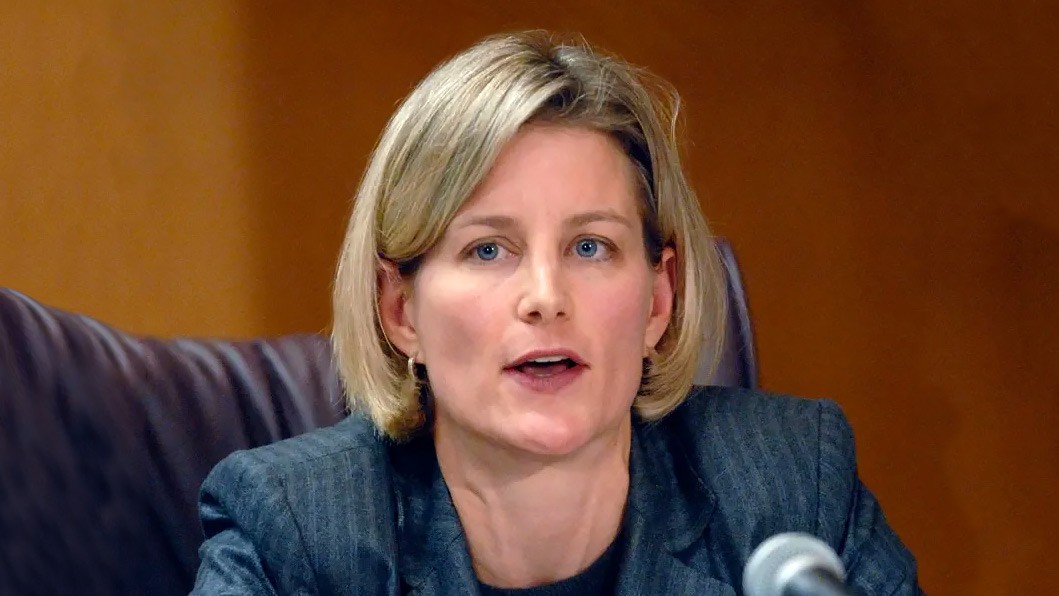The Seminole Tribe of Florida has scored a major victory in its legal fight over offering sports betting in the Sunshine State. On Friday, a federal appeals court ordered the Department of Interior to reinstate the compact agreement that gave the tribe and its Hard Rock brand a monopoly on the gaming vertical in Florida.
The ruling could pave the way for the tribe to relaunch its Hard Rock Sportsbook betting app in the state, in addition to allowing it to pursue two new casinos in South Florida. However, parties opposing the tribe’s efforts, including the group No Casino and Miami businessmen and gambling opponents Armando Codina and Norman Braman, are likely to keep up the fight.
A three-judge panel on the U.S. Court of Appeals for the District of Columbia Circuit concluded that federal gaming law allowed the state to enter into a 30-year agreement with the Seminole Tribe to operate sports betting in Florida. The tribe, which will also be allowed to add roulette and craps to its casino operations, will in return pay the state at least $2.5 billion over the first five years of the agreement.
Friday’s move reversed a November 2021 decision by Judge Dabney L. Friedrich of the U.S. District Court in the District of Columbia, which invalidated the deal negotiated between the Seminoles and Florida Gov. Ron DeSantis. The legal challenge was brought by West Flagler Associates, former owner of Magic City Casino and current owner of Bonita Spring Poker Room.
Judge Dabney L. Friedrich
West Flagler Associates argued that the Seminoles’ sports betting and casino expansion agreement violated federal Indian gaming law. In order to get around a state constitutional amendment, the compact required the tribe to operate a so-called “hub-and-spoke” model for sports betting. This moved all online sports wagers from players located in Florida, but outside of tribal lands, through the tribe’s servers.
The main issue was whether a patron could place a sports bet that would be accepted by a server that was located on tribal land. In her ruling last year, Friedrich called the theories used to justify the deal “fiction.” For its part, the D.C. Circuit said as long as the bet is received on reservation land, that is good enough.
Lower court’s decision now reversed
The appeals court argued on Friday that the Indian Gaming Regulatory Act was flexible enough to allow for Florida’s arrangement, and moved to reverse the lower court’s decision. “IGRA does not prohibit a gaming compact—which is, at the bottom, an agreement between a tribe and a state—from discussing other topics, including those governing activities “outside Indian lands,” the court said in its ruling, as reported by Miami Herald.
However, the court left open the possibility that the compact could be challenged in state courts that may have an issue with the compact and its possible conflict with the Florida Constitution, which prohibits the expansion of gambling off of Indian lands. West Flagler could also seek an en banc ruling from all the judges on the appellate court and appeal to the U.S. Supreme Court, notes the cited source. Additional legal challenges are expected going forward.
— Hard Rock Sportsbook (@HardRockSB) June 30, 2023
In addition to opening the door for Florida sports betting’s much-delayed launch, the compact also allows both Trump National Doral Resort and the Fontainebleau Hotel in Miami Beach to obtain casino permits without violating the tribe’s monopoly status.
In a statement following the appeals court’s ruling, Seminole Tribe spokesperson Gary Bitner said the tribe is “reviewing the decision” to determine its next steps. “It is a positive outcome for the Seminole Tribe and the people of Florida and for all of Indian Country,’’ he said.
Bob Jarvis, a law professor and gambling expert at Nova Southeastern University in Fort Lauderdale, told the Orlando Sentinel he expected the Tribe to kick off sports betting again within the next month. “I’m sure they’ll try to do it even faster,” Jarvis said. “They will certainly be up in time for the new NFL season.”
However, the ruling is expected to lead to additional litigation and likely an appeal to the U.S. Supreme Court because there are now competing rulings from two deferral courts over whether or not IGRA authorizes online gaming. The breadth and scope of federal tribal gaming laws will be under review.
Original article: https://www.yogonet.com/international/news/2023/07/03/67749-federal-court-rules-in-favor-of-reinstating-seminole-tribe-39s-florida-sports-betting-monopoly-compact















